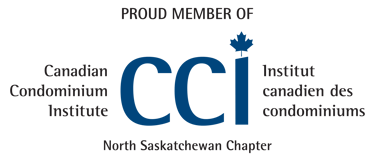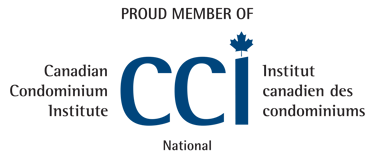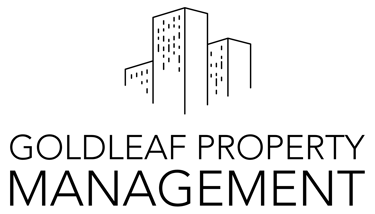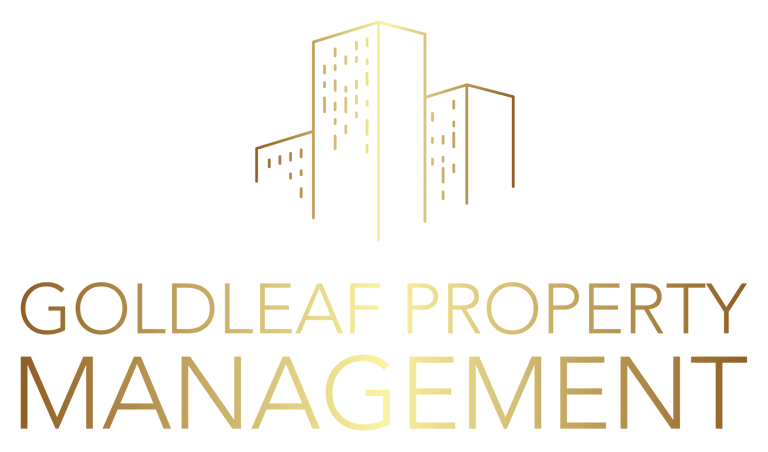The Importance of Reserve Fund Requirements in Saskatchewan Condominiums
Discover the importance of reserve fund requirements for Saskatchewan condominiums! This blog explains what reserve funds are, the legal obligations under the Condominium Property Act, and how they ensure long-term sustainability, prevent unexpected costs, and preserve property value in your community.
9/23/20242 min read


The Importance of Reserve Fund Requirements in Saskatchewan Condominiums
When it comes to condominium living, one key aspect that every owner and potential buyer should understand is the reserve fund. A well-maintained reserve fund is essential for the long-term sustainability of condominium properties. In this article, we’ll delve into what reserve funds are, the legal requirements surrounding them in Saskatchewan, and how they play a critical role in ensuring the health of your condominium community.
What Are Reserve Funds?
Reserve funds are financial resources set aside by a condominium corporation to address future major repairs and replacements of common property and assets. This can include anything from roofing, plumbing, and heating systems to landscaping and recreational facilities.
These funds act as a safety net, ensuring that the condominium corporation can cover significant costs without needing to impose a hefty special assessment on owners. Essentially, a reserve fund helps maintain the property’s value and ensures that its residents can enjoy the shared amenities without unexpected financial burdens.
Legal Requirements in Saskatchewan
In Saskatchewan, the Condominium Property Act includes specific legal requirements regarding reserve funds. Key points include:
1. Establishing a Reserve Fund: Every condominium corporation must establish a reserve fund as part of its financial management. This fund is required to be maintained for ongoing and future repairs.
2. Annual Contributions: The condominium board must determine the amount to contribute to the reserve fund annually. This ensures that the fund grows adequately over time, preparing for upcoming maintenance and replacement costs.
3. Reserve Fund Study: The act mandates that a reserve fund study be conducted at least every five years. This study evaluates the condition of the common property and assets, estimating future repair and replacement costs. The findings help determine appropriate reserve fund contributions based on the anticipated expenses.
4. Financial Transparency: The board is obligated to provide clear and transparent reporting on the reserve fund in the annual financial statements, ensuring that all condominium owners are informed about the health and status of their funds.
Understanding these requirements can empower condo owners to actively participate in their condo boards and ensure that adequate measures are in place for effective property management.
Ensuring Long-Term Sustainability
A well-funded reserve is crucial for the long-term sustainability of a condominium property. Here’s how:
Preventing Major Assessment Burdens: Without a sufficient reserve fund, condominium corporations may face financial strain during unexpected repairs. This can lead to special assessments, which can be a heavy burden on residents, especially if they are not financially prepared.
Maintaining Property Value: Regular maintenance and timely repairs funded by the reserve ensure that the property remains aesthetically pleasing and functionally sound, which helps preserve its value over time.
Building Trust and Community: A transparent and adequately funded reserve fund fosters trust within the community. Owners are more likely to feel secure when they know that the governing body is effectively managing the financial aspects of their property.
Conclusion
In summary, reserve funds are not just a financial requirement—they are essential for the health and longevity of condominium communities in Saskatchewan. The legal framework established by the Condominium Property Act ensures that these funds are managed effectively.
If you’re a condo owner or considering buying a unit, it’s critical to understand the importance of reserve funds and to engage with your condominium board regarding their management.
By staying informed and proactive, you can contribute to the long-term sustainability of your community and enjoy all the benefits of condominium living without unexpected financial surprises.






